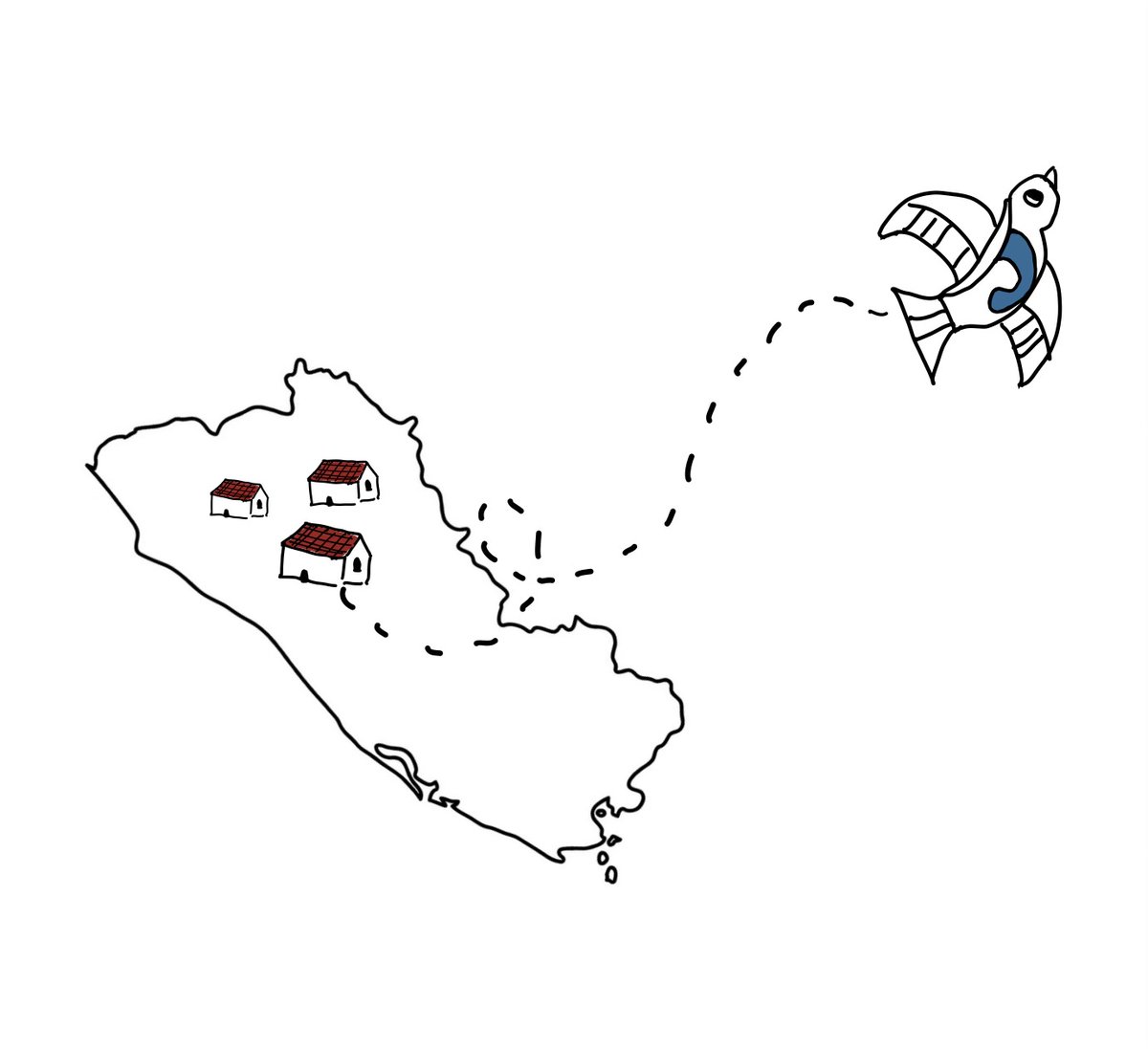In 1970, more than 20K protesters marched through East LA for the Chicano Moratorium. By day’s end, hundreds were arrested & trailblazing journalist Ruben Salazar was dead. The events of that chaotic day still reverberate among LA’s Latinos 50 years later. latimes.com/projects/chica…
It started as a peace march. But for the Moratorium generation, the day left protesters dismayed, disappointed and angry. @longdrivesouth latimes.com/projects/chica…
In murals, theater, photography and music, the Chicano Moratorium influenced art of its time and our time too. @cmonstah latimes.com/projects/chica…
The Chicano Moratorium was unforgettable. Hear from those who were there. @stevesaldivar
The Chicana Revolt. The women of the Brown Berets — Las Adelitas de Aztlán — break free and form their own movement.@VanessaMartinez @julia_p_barajas #SomosLAT #RubenSalazar latimes.com/projects/chica…
Chasing Salazar. Accident or assassination? A reporter’s years-long quest to find out how and why Ruben Salazar died. @LAJourno #SomosLAT #RubenSalazar
latimes.com/projects/chica…
latimes.com/projects/chica…
A day of rage in East L.A.
Simmering anger over brutal policing, unequal education and racist neglect finally explodes. @LouisSahagun #SomosLAT #RubenSalazar latimes.com/projects/chica…
Simmering anger over brutal policing, unequal education and racist neglect finally explodes. @LouisSahagun #SomosLAT #RubenSalazar latimes.com/projects/chica…
Ruben Salazar: The making of the myth. In death, he’s been made more radical than in life. @DoranyPineda90 #SomosLAT #RubenSalazar latimes.com/projects/chica…
Reading Ruben Salazar.
He was no radical. He was a prophetic reporter. @GustavoArellano #SomosLAT #RubenSalazar latimes.com/projects/chica…
He was no radical. He was a prophetic reporter. @GustavoArellano #SomosLAT #RubenSalazar latimes.com/projects/chica…
Felicidades to all the @latimes @LATLatinoCaucus journalists who worked so hard on this project to celebrate an @latimes journalist who left an important legacy. #somosLAT #RubenSalazar 

• • •
Missing some Tweet in this thread? You can try to
force a refresh





